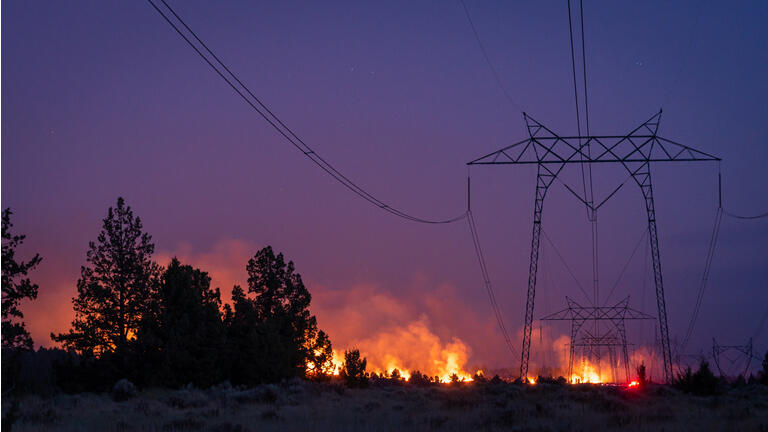

We will inform these models with the data synthesised and collected above, and then compare the output across the whole ensemble. This "ensemble" approach is similar to climate forecasting, but is in its infancy in the sea. The third novelty is that we will use not just one model to understand these ecosystem linkages but six models, all based on different assumptions.
#Elucidate co full size
We will use isotopic methods to trace the relative input of seaweed and planktonic algae into the base of the food web we will follow these isotopic tracers in the lab and in the wild to understand exactly how these plants are incorporated into the rest of food web we will use new image analysis technology to quantify the full size range of organisms in the sea and we will use the latest molecular techniques to trace who eats whom. Second we will target key knowledge gaps by applying the latest method developments in understanding food webs. By combining these datasets and published data, we can deduce the underlying "ecological rules" that operate at the level of the individual but lead to patterns at the ecosystem scale - for example how an organism's mortality or feeding rate depends on its body size and the ambient temperature.

Our geographical focus will be the western seas, from the western English Channel, through the Celtic and Irish Seas, to western Scotland, although relevant data will be included from a wider area.įirst, we will use novel web-based approaches to combine existing datasets and rate process measurements, from microbes to whales, and at whole shelf scales. We will a) synthesise and analyse the vast array of existing, but scattered, data, b) target key data gaps and choke-points in our understanding with focussed fieldwork and experimentation and c) combine these into a suite of computer models that explore future consequences of changes and perturbations for ecosystem services. We will develop an integrated, whole-ecosystem approach to understand how changes occur in marine ecosystems and how these affect the services they provide. IMMERSE combines researchers with complementary track records from across 11 UK institutes. Therefore we cannot yet predict how they will respond to changes. Coastal and shelf seas are rich, productive and close to large human populations, so they are under great pressure from factors such as fishing and climate change.ĭespite years of intensive study, our knowledge of how shelf ecosystems work is still patchy. These benefits, called "ecosystem services" include food supply, recycling and recreation. Abstract: Coastal and shelf marine ecosystems are highly productive, bringing great benefits to humans.


 0 kommentar(er)
0 kommentar(er)
